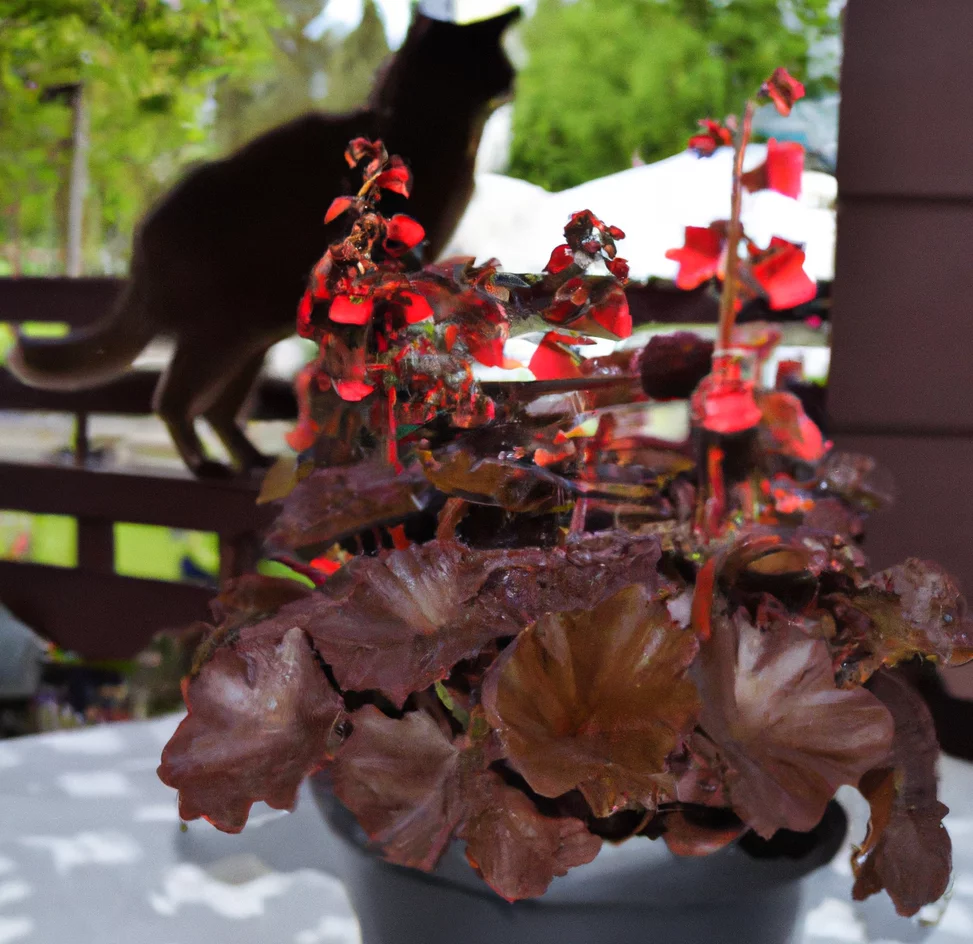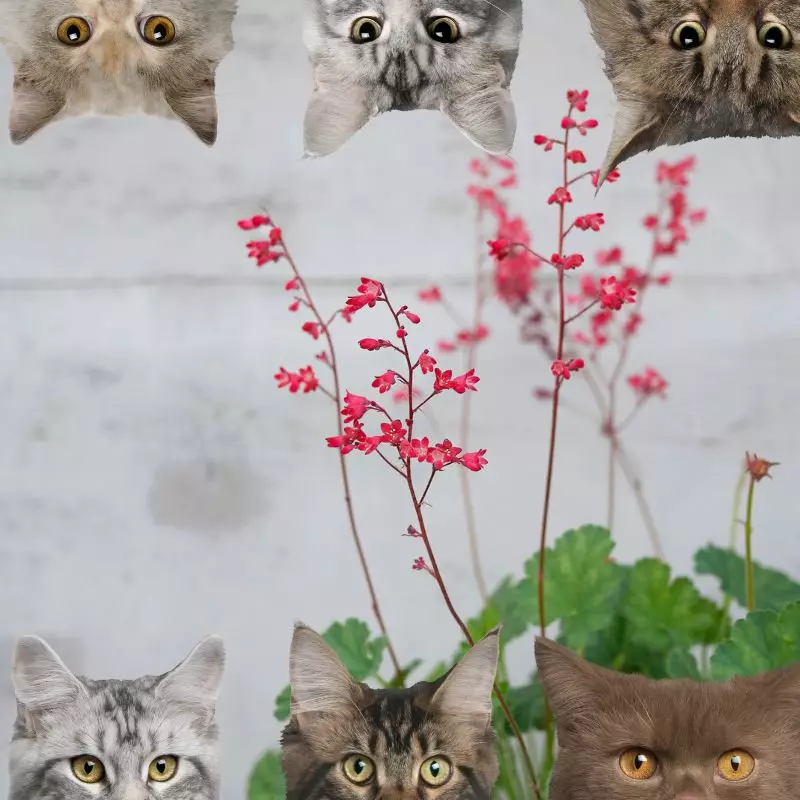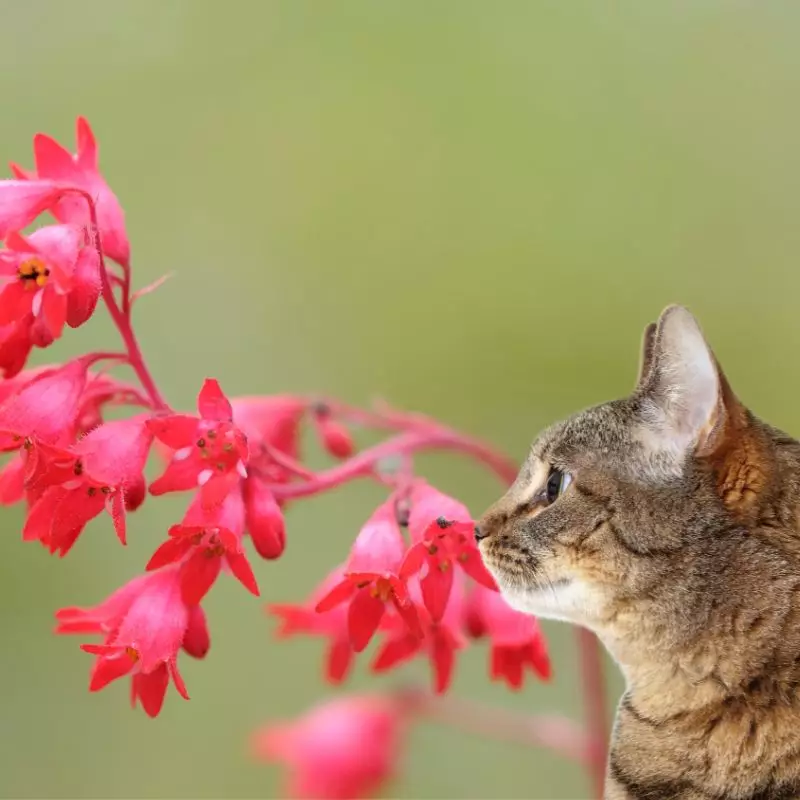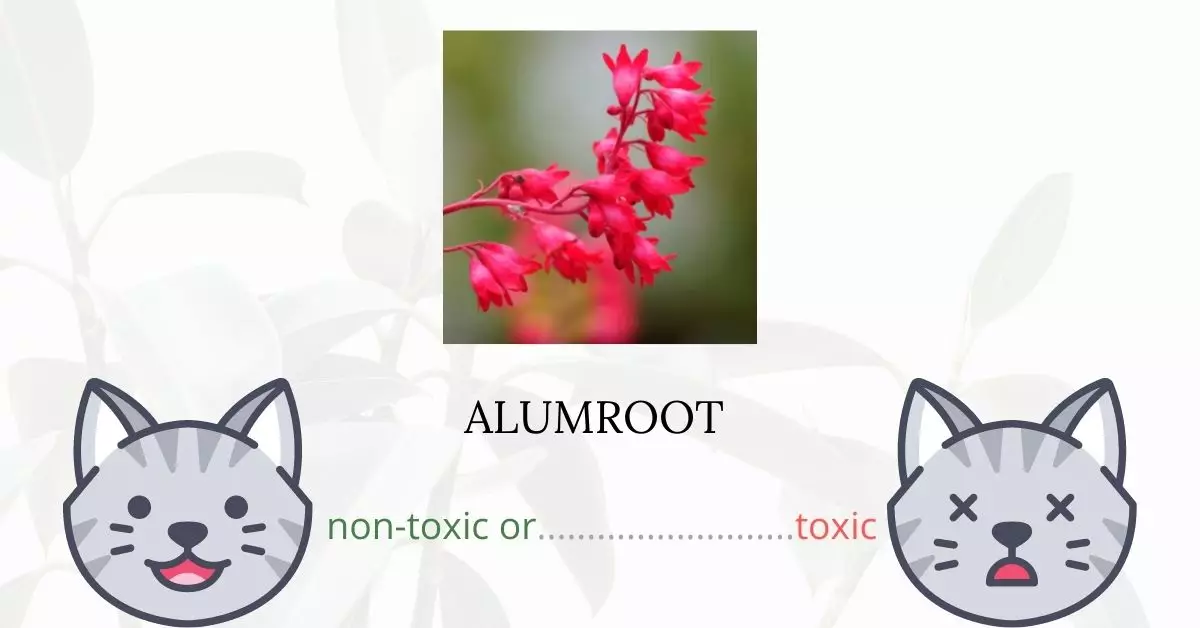In response to the pressing concern regarding the safety of alumroots or coral bells around cats, we can unequivocally state that these plants are not toxic for cats.
This article is meticulously composed in collaboration with a cadre of seasoned Doctors of Veterinary Medicine (DVMs), whose invaluable insights allow us to deliver precise and contemporary information about the potential risks that diverse plants, such as alumroots, pose to cats. To substantiate our findings, we have also scrutinized reputable resources like ASPCA and PetMD, ensuring the information we provide on each plant is both accurate and authoritative.
According to the American Society for the Prevention of Cruelty to Animals (ASPCA) Poison Control Center, alumroots or coral bells do not contain any harmful properties that would induce adverse effects in cats, dogs, or horses. While the designation by ASPCA provides reassurance that ingestion of these plants doesn’t lead to any long-term or severe repercussions, it is crucial to note that this does not grant carte blanche for your cat to consume them in excessive amounts. It’s always advisable to monitor your pets around plants and contact a veterinarian if any abnormalities in behavior or health are observed post-ingestion.
Can Cats Eat Alumroot or Coral Bells?

If your cat licked or chewed on some parts of an alumroot, this may not need emergency medical care. However, this does not mean that your cat can feast on alumroots or coral bells.
To properly digest plant materials, certain enzymes are needed in the body. Since cats do not have these enzymes, their bodies cannot fully process plant matter. Ingestion of large quantities of plants may cause cats to experience gastrointestinal distress such as mild vomiting and diarrhea.
Additionally, if the alumroot or coral bells ingested is a recipient of chemicals such as fertilizers and insecticides, there is a huge chance that your cat may manifest adverse signs of poisoning.
What is Alumroot or Coral Bells?

Alumroot, more commonly known as coral bells, is a clump-forming perennial belonging to the Saxifragaceae family. This blooming plant, scientifically known as Heuchera sanguinea, is native to parts of the United States and northern Mexico.
The upright panicles of small brilliant pink to scarlet flowers that develop in late spring and remain in early summer are valued for their distinctive green, heart-shaped or roundish leaves. This purple-leaved plant thrives on rocky outcroppings and is commonly seen in rock gardens and along gravel paths. Alumroot grows well in partial shade and likes well-drained soil with neutral acidity.
Keeping Cats Away From Alumroot or Coral Bells

Since most plants are not a great addition to your cat’s diet, keeping them away from plants is imperative.
As much as possible, train your cat to stay away from plants particularly plants outdoors which you are unfamiliar. If you have potted plants at home, make sure to put them in a place unreachable by your cat.
Plants to Avoid For Your Cats
If you are a cat owner and unsure if the plants growing in your yard are harmful to your cats, check out this list of toxic plants for cats. You may also check our list of non-toxic plants for cats.





